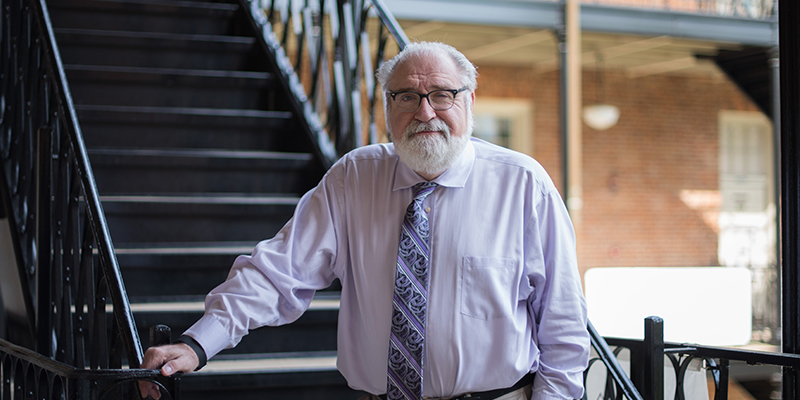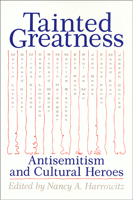
Dr. Steven L. Jacobs is Professor and Aaron Aronov Endowed Chair in Judaic Studies at The University of Alabama. His primary research foci are in Biblical Studies, translation and interpretation, including the Dead Sea Scrolls; as well as Holocaust and Genocide Studies.
In the December 14, 2018 issue of The Chronicle Review, Brian Leiter of the University of Chicago penned a piece entitled “Go Ahead, Cite the Nazi” (B2).* His unnecessarily provocative argument as summarized by his disingenuous solution— “cite work that is relevant regardlessof the author’s [sic] misdeeds—was made even more disturbing by his conclusion, “you should not—under any circumstances—adjust your citation practices to punish scholars for [sic] bad behavior” (emphases added). Even more problematic was his total failure to address any notion of historical contextualization regarding the work of the philosophers he cites, Gottlob Frege (1848-1925) and Martin Heidegger (1889-1976)—the former an avowed antisemite and the latter an unrepentant Nazi, both of whom he rather cavalierly dismisses, choosing only to celebrate their “contributions” to philosophy. In my own field of religious studies, a “softer” but nonetheless equally problematic case would be that of Mircea Eliade (1907-1986), a formerly avowed Christian nationalist and supporter of the Romanian Iron Guard during World War II.
During my initial undergraduate years as an English major at Penn State University, I was taught “trust the tale, not the teller”; that is, a work of literature lives or dies on its own regardless of its author who may or may not be fully aware of his or her own contribution and/or otherwise insightful regarding that work. By the time I was a senior heading to graduate school, my faculty had rethought its position and changed its trope to read “trust the tale and the teller”; that is, that knowledge of the author and his or her biography and circumstances may prove additionally helpful pointing to an even more insightful understanding of the work, the thought process, and whatever actions consequentially flowed from that literature.
Nancy Harrowitz’s edited collection Tainted Greatness: Antisemitism and Cultural Heroes (Philadelphia: Temple University Press, 1994) may prove helpful, as her contributors address such icons as Martin Luther (1483-1546), Gerhard Kittel (1888-1948), Mircea Eliade, Carl Jung (1875-1961), Sigmund Freud (1856-1939), Cesare Lombroso (1835-1909), Martin Heidegger, Ezra Pound (1885-1972), Paul De Man (1919-1983), and Jean Genet (1910-1986). Collectively, they argue that their contributions to the advancement of knowledge cannot be divorced from their personal orientations to reality, the times in which they lived and worked, and, in certain cases, the hateful and harmful consequences of their writings and their behaviors.

Heidegger remains a rather obvious example. In recent years, even more so with the publication of his “Notebooks”, and there is a growing body of literature to this effect, his philosophic thinking was imbued with both his antisemitism and his nationalistic orientation. Rector at Freiburg University in 1933, he would make it part of his agenda to dismiss all Jewish faculty. To characterize this as simply a “misdeed” or “bad behavior” is to fully suspend or dismiss our ethical and moral responsibilities as teachers of young people, too often vulnerable, and as participants in the larger society in favor of a vaunted and rarified academic (and elitist?) scene distanced from the real world in which we live.
If Professor Leiter wants to cite such individuals, let him do so. But, at the very least, let him also include in his citations that their contributions cannot be divorced from their own moral lapses, and that understanding their work cannot be fully and wholly divorced from their persons.
*The online version of Prof. Leiter’s The Chronicle Review piece was retitled “Academic Ethics: Should Scholars Avoid Citing the Work of Awful People?” –ed.